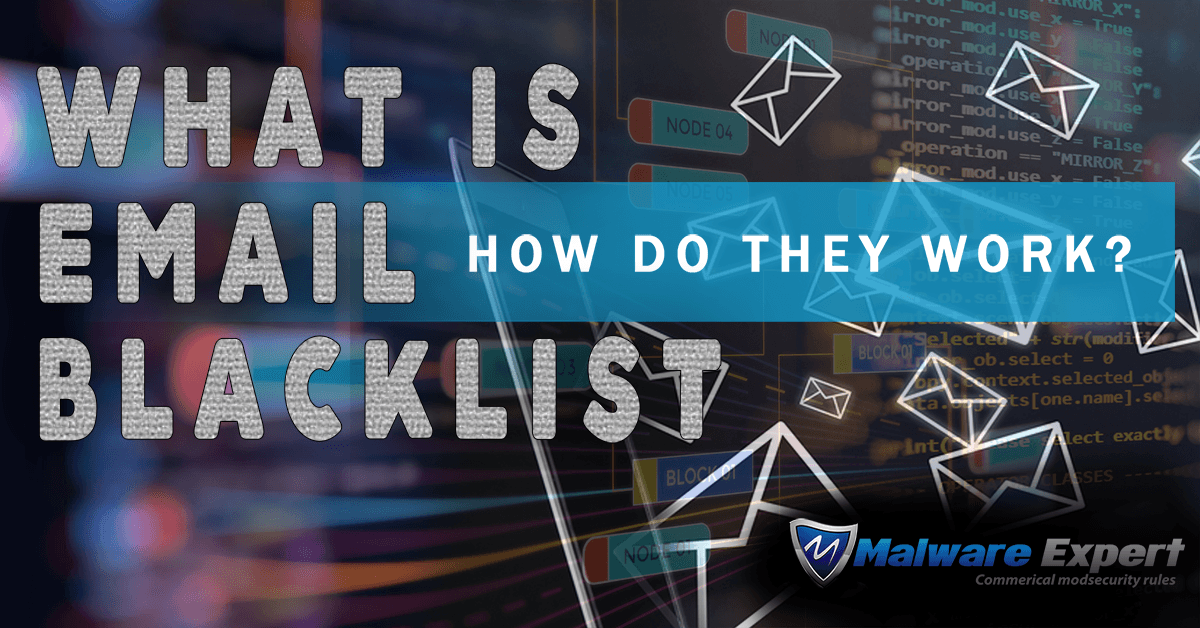Are you fed up with spam on your Email? Don’t worry! You can fight them using spam RBLs and DNSBL. RBL stands for Real-time Black-hole List and DNSBL stands for Domain Name Server Blacklist. It helps to decrease the issues of email spamming. It is effectively used all around the world to share the IP addresses of systems that send email spam. So you can reject or flag messages sent from these blacklisted sites.
The blacklists are of two types:
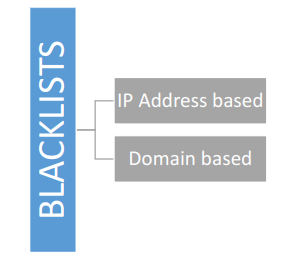
IP ADDRESS BASED
An IP-based blacklist is a list in which the IP addresses which are reported as sources of spam are listed. IP addresses whose spam status changes in real-time are listed by RBL and DNSBL. Blocking such spam IPs is a security for your server. If the mail server that you run is not configured correctly, then the IP address is blacklisted. The commonly used RBLs/DNSBLs are:
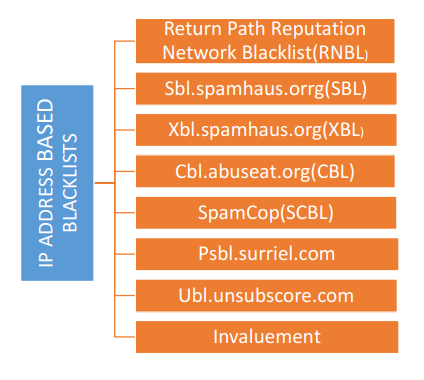
DOMAIN-BASED
A domain-based blacklist is a list in which the domains which are reported as sources of spam are listed. This is also a control mechanism. The access is denied for those items on the list. In this type, blacklist will check the URL to determine whether it is a source of spam. The most commonly used URL DNSBL include:
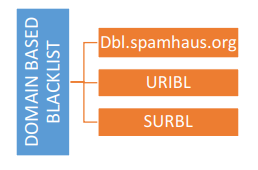
Working of Blacklist
- Each of these blacklists has their criteria, if the mail to your inbox fails to satisfy these criteria for legitimate mail then its IP or URI is included on its list.
- In some cases the ISPs make use of this data and inform their spam filters to take decisions and delivery the messages from blacklisted IPs.
- One important thing you have to note is, delivery and placement are not under the control of the blacklists
- The only function of blacklists is to help ISPs make their own decisions.
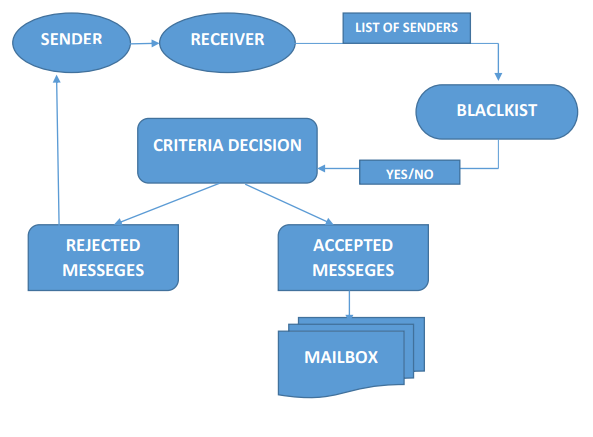
Final words
Hope that you get an idea about blacklists and its working. You can also use our product RBL based reputation database to prevent website hacking, DDOS, and brute force attacks with ModSecurity rules and our RBL Database server: rbl.malware.expert
This list is made for HTTP(s) traffic usage, not email SPAM!

